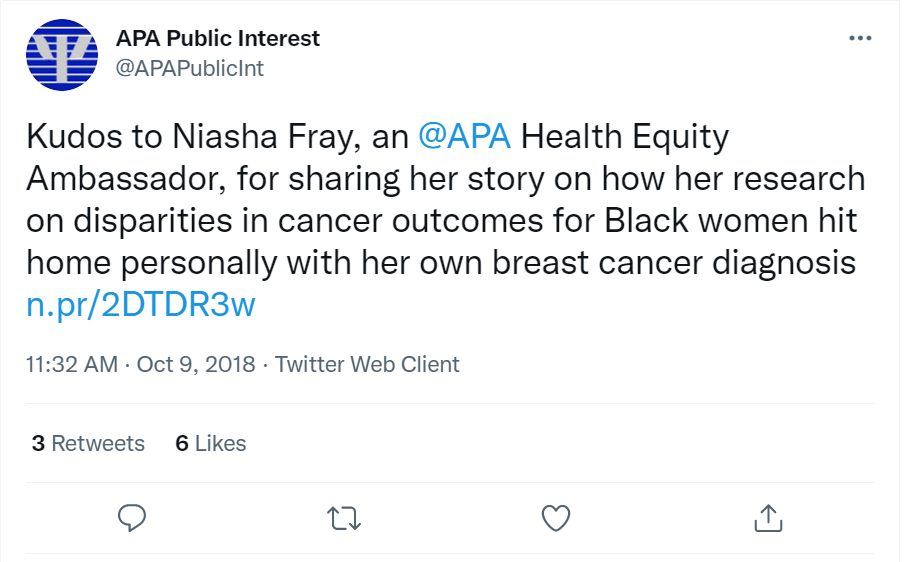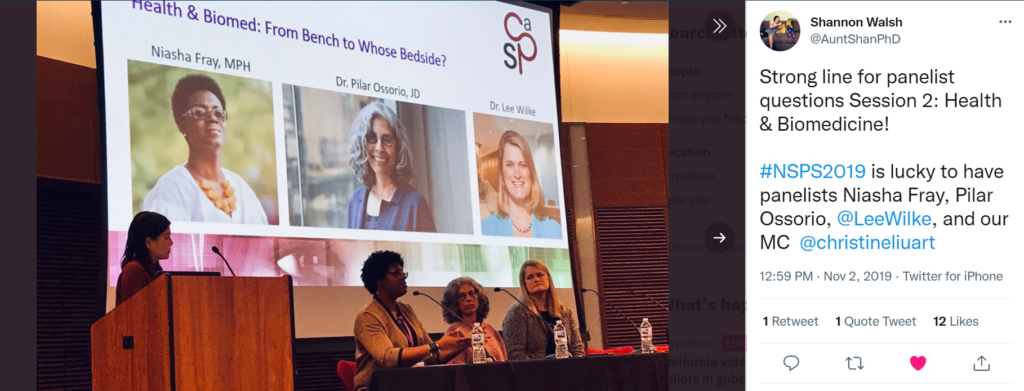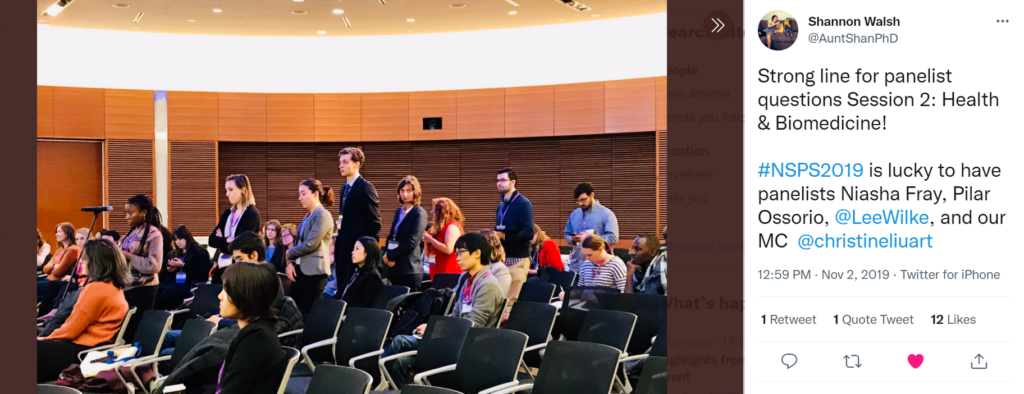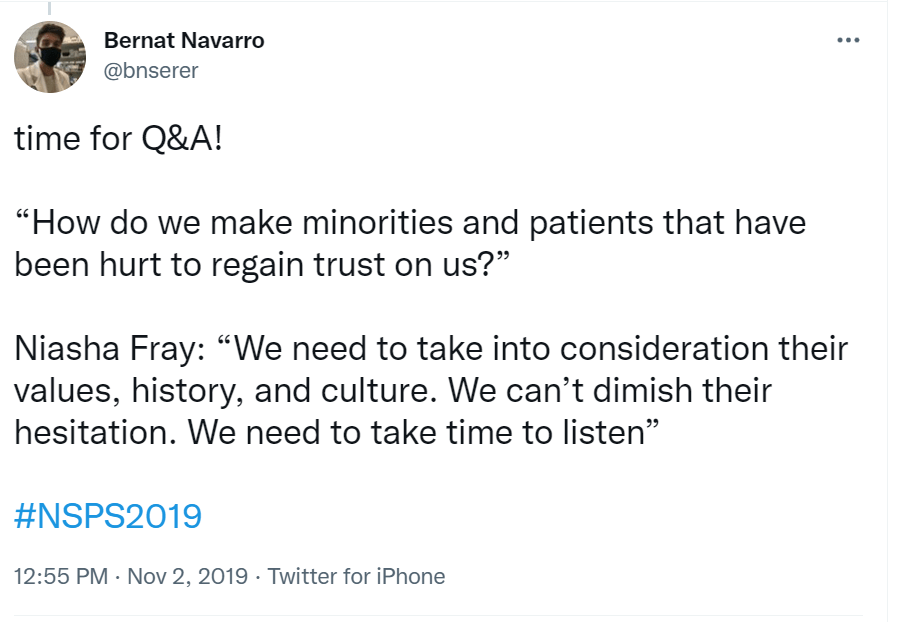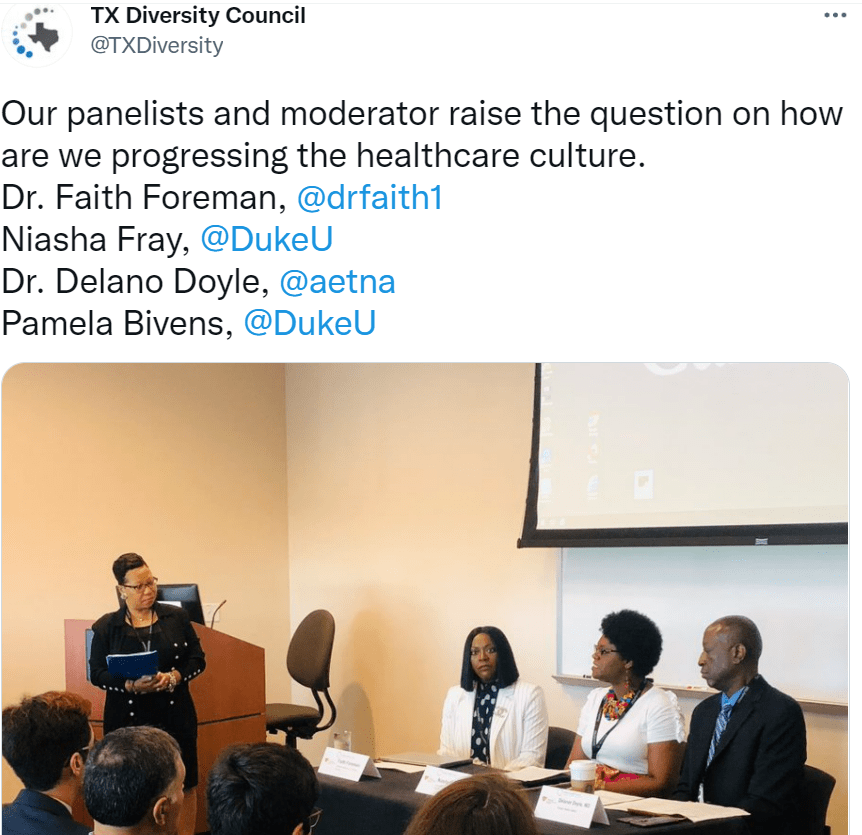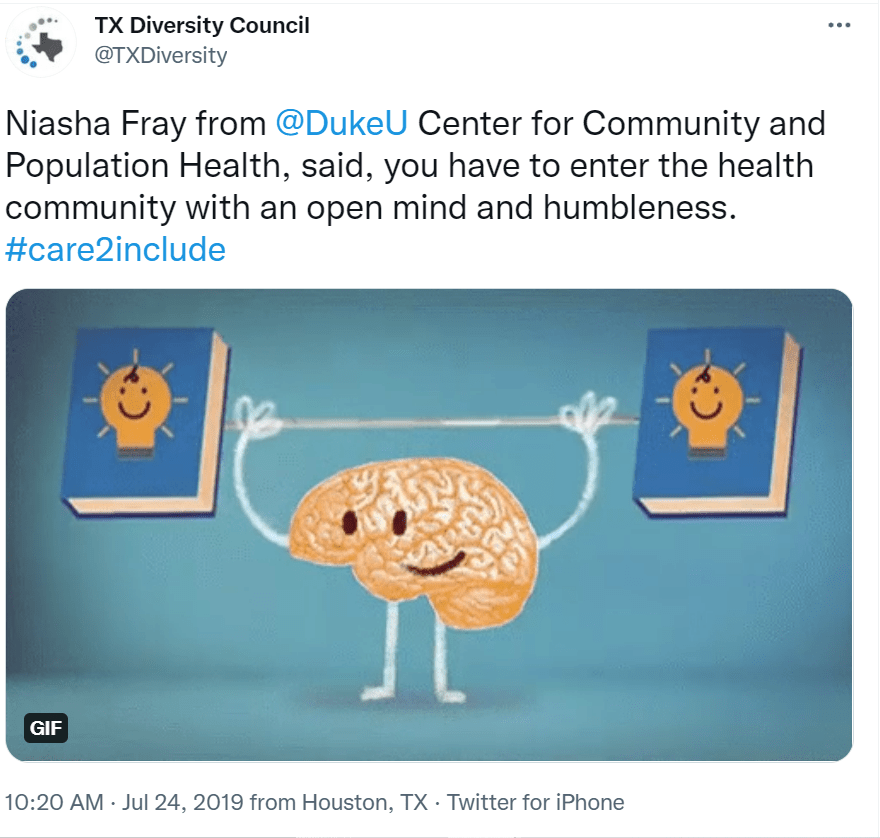Publications and Presentations
Recent Publications
Implementing Motivational Interviewing to Improve Endocrine Therapy Adherence Among Breast Cancer Patients
Hormone receptor positive (HR +) breast cancer is the most common form of breast cancer, with a generally favorable prognosis but a long possible time course of recurrence and a lengthy duration of treatment. This study evaluates the implementation of the GETSET (Guiding Endocrine Therapy Success through Empowerment and Teamwork) pilot, a motivational interviewing (MI) intervention aimed at improving endocrine therapy (ET) adherence among patients with breast cancer.
Motivational Interviewing Counseling to Increase Endocrine Therapy Adherence in Diverse Patients
Up to ten years of oral endocrine therapy can help prevent breast cancer recurrence and death in approximately 70% of patients diagnosed with hormone-receptor positive breast cancer for whom it is prescribed, but long-term adherence is low, particularly among Black women and those younger than age 50. Because the barriers to adherence are multifaceted, in this study, we designed and pilot-tested a flexible, evidence-based counseling intervention to help diverse women set breast health goals and identify and overcome the barriers to adherence.
The Roanoke Valley Community: Reflections of Strength, Unity, and Resilience (Page 23-24)
In this publication, we discuss what it is like to live with disabilities during the pandemic and flu seasons as well as information on the Partners for Vaccine Equity Project. Find answers to: How does COVID-19 affect people living with disabilities uniquely, especially those in rural areas of Eastern NC? What are some unique concerns or challenges that people with disabilities must consider before getting a vaccination? What services do you provide care-givers of people living with disabilities when they are affected by COVID-19 or Flu?
Communication between Middle SES Black Women and Healthcare Providers about HIV Testing
We discuss the importance of healthcare providers engaging their middle SES Black female patients in routine discussions about sexual health and sexual risk reduction, regardless of providers’ perceptions of their potential STI/HIV risk. We recommend including SES as a variable in data collection and research in order to better understand how social class, race, and gender affect sexual health behavior and the provision of STI and HIV/AIDS prevention to diverse populations.




